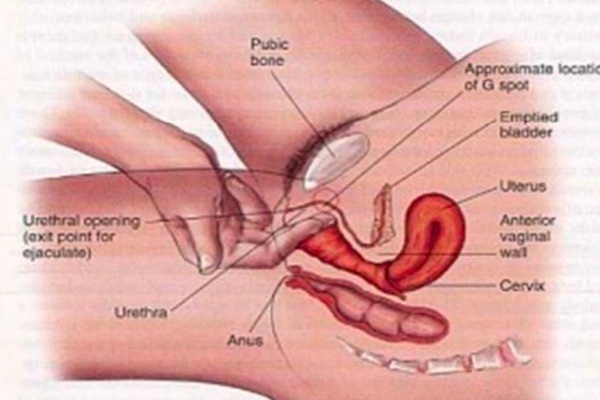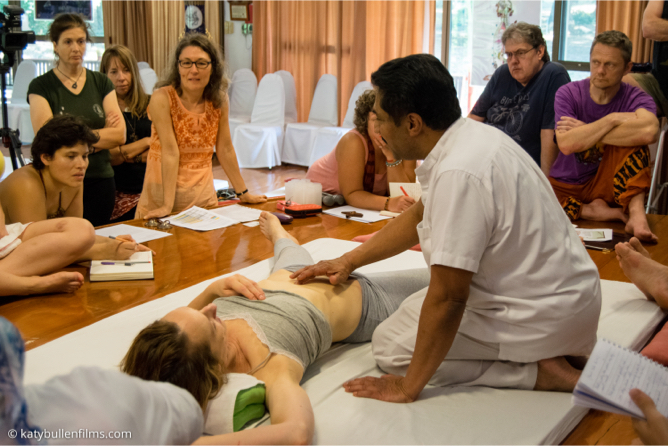Negative Emotions – What are they good for?

If you were to be asked, ‘what are negative emotions good for?’ you would probably answer with the words, ‘absolutely nothing’. Let’s face it feeling bad is no fun; it zaps your energy and sucks the joy out of life. It’s normal to assume that negative emotions are the bad guys and the ones to avoid, but research shows that this is not the full picture.
A variety of psychologists and social scientists have invested many hours of research into the benefits of negative emotions, specifically those of sadness, pessimism, guilt, anxiety, mindlessness, anger and jealousy. Indeed psychologist Joesph Forgas discussed how periods of sadness make us pay more attention to detail which can be highly beneficial to us in term of increasing our external awareness, making us more in tune and aware with our surroundings. He concluded that the benefits of this increased awareness through sadness are improved memory, more accurate judgment of others, increased perception and more attentive and receptive to the need to execute changes in your life.
In another study, psychologists Julie Norem and Nancy Cantor compared optimists to pessimists in a variety of “risky” tasks and the results were contrary to what many of us would have assumed, indeed, whilst it would be natural to assume that optimists would outperform pessimists because of their confidence, pessimists actually performed similarly. Norem concludes in her book , ‘The Positive Power of Negative Thinking’, that the pessimists’ “negative thinking transformed anxiety into action.” She explained that imagining the worst case scenario prepared the pessimists for any eventuality, which motivated them to try even harder and focus more energy on getting ready for any and all kinds of tasks and were not phased by things not going to plan.
It seems that all of our emotions – positive or negative have a vital role to play in our life. For example, no one likes to think about anxiety or would want to willingly invite it into their life, but studies have shown that anxiety turns you into a problem-solver. Humans’ natural “fight or flight” response, (now termed ‘fight, flight or freeze’, and discussed later in this article) which tells us to either stand up and fight against the object of danger or run from it, is related to anxiety. The fight or flight response is automatic and a natural mechanism; it allows your body to metabolise a lot of energy quickly — from implementing changes in your nervous system, to making your heart beat more rapidly, to feeding your muscles more oxygenated blood — in order to act quickly in dangerous or uncomfortable situations and ultimately escape harm.
We all feel positive and negative emotions throughout our lives and sadly we cannot live exclusively in a happiness bubble and we have already discussed how both positive and negative emotion can be beneficial to us, with research suggesting that negative emotions serve a purpose whilst experiencing positive emotions can actually improve our attention capacity and boost our overall wellbeing.
So, it seems that the issue in hand is not the emotions we experience in life, but how we process and deal with them.
Author and Emotional Detox expert, Mal Weeraratne suggests that in order to release stagnant negative emotions held within the body that we should consider using his unique emotional release technique that harnesses ancient knowledge and practices combined with new groundbreaking insights in order to create an engineered past negative events
release technique called Tantric Journey for Emotional Detox. Tantric Journey is a British-pioneered technique intended to eliminate deeply disturbing or distressing
experiences at a cellular level in the body to start living a positive life—a biological cleanse and detox to experience joy and bliss. Mal Weeraratne has treated thousands of clients from around the globe; many of whom had previously tried many treatment techniques and methods to get to the root cause of their disease. Mal Weeraratne has an extraordinary track record for transforming the lives of many clients through the release of their stagnant, negative emotions.
In her book, Molecules of Emotion,the late Dr. Candace Pert writes about how unprocessed emotions in the body actually become stuck affecting a person’s entire system, but this doesn’t explain why we don’t always disperse with past negative events
and negative emotions, so the question remains, ‘Why Do Emotions Get Stuck In the Body?’ The answer is that any emotional energy that we don’t fully experience and process, can get trapped in the body. This can occur when:
When we talk ourselves out of expressing our emotions
How many times have you told yourself it is “ridiculous to get upset over this!” or that you are jut being ‘’silly’’ and it’s best not to ‘trouble people with your silly/petty feeling’’? Those types of situations cause you to be at risk for trapping emotions. Emotions want a “voice” and need to be experienced, acknowledged and released if they are not acknowledged, they won’t go away.
When we are isolated at the time of the event
When we are isolated whilst dealing with a stressful event, we are at risk for trapped emotions. I believe this is because it is human nature to find comfort in the sharing of our emotions — positive and negative. When we can’t reach out, we may be less likely to really feel them and experience them. It often feels safer to let go emotionally with someone else, we basically need someone to hold the space for us, whilst we let go of our negative emotions and past negative events
.
When we have never experienced something similar before
Not having any coping skills for the specific event that’s bringing up negative emotions can really leave us without a coping strategy. For example, if it’s the first time you are experience something, a death of a loved one or an assault for instance, you are more likely to “freeze” emotionally than you would be if you had coping skills for the situation. You would be more likely to have coping skills if you learned them during an earlier similar life event which is why we need both positive and negative emotions as they teach us different coping strategies and mechanisms.
As humans we often suppress our feelings, either because we don’t know how to express our emotions or we feel we must put on a ‘brave face’.
Over the past fifty years or so, many experts have verified that the source of your symptoms of pain and anxiety is located in the unseen issues of your unconscious and subconscious mind, or what science calls “cellular memory.” When dealing with the matter of emotions, it is important that we embrace all of our emotions positive and negative and that we pay attention to each and every one of them, expressing them and not suffering them in isolation, instead ‘feeling’ them and releasing them.
It comes as no surprise that the most commonly trapped negative emotions include disgust, shame, worthlessness, being overwhelmed, anxiety and grief – perhaps this is because they are the hardest ones to ‘voice’.
Remember, negative emotions aren’t bad. They can only harm if you don’t let them go.
If you would like to find out more about Tantric Journey, then please book a free consultation here.











